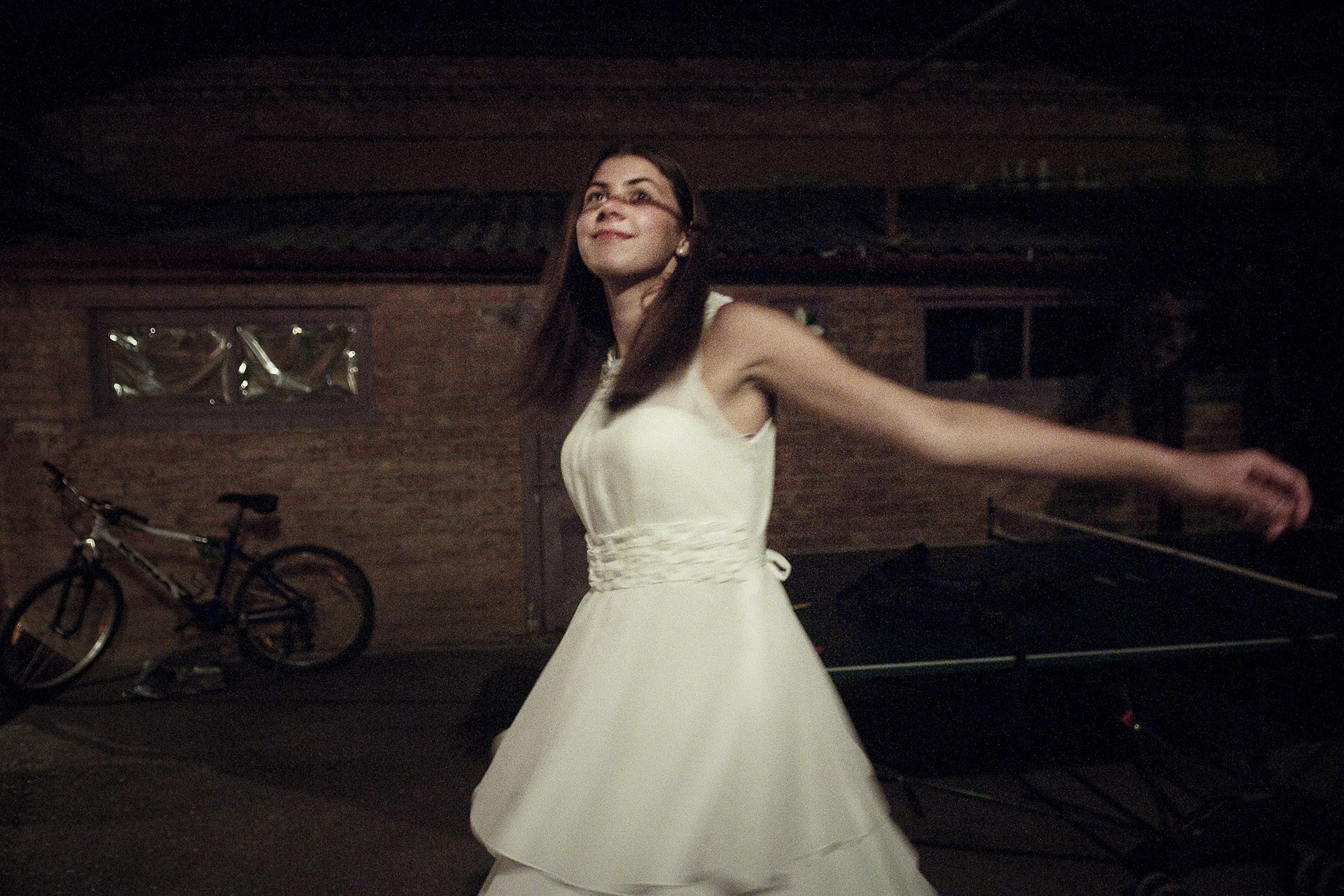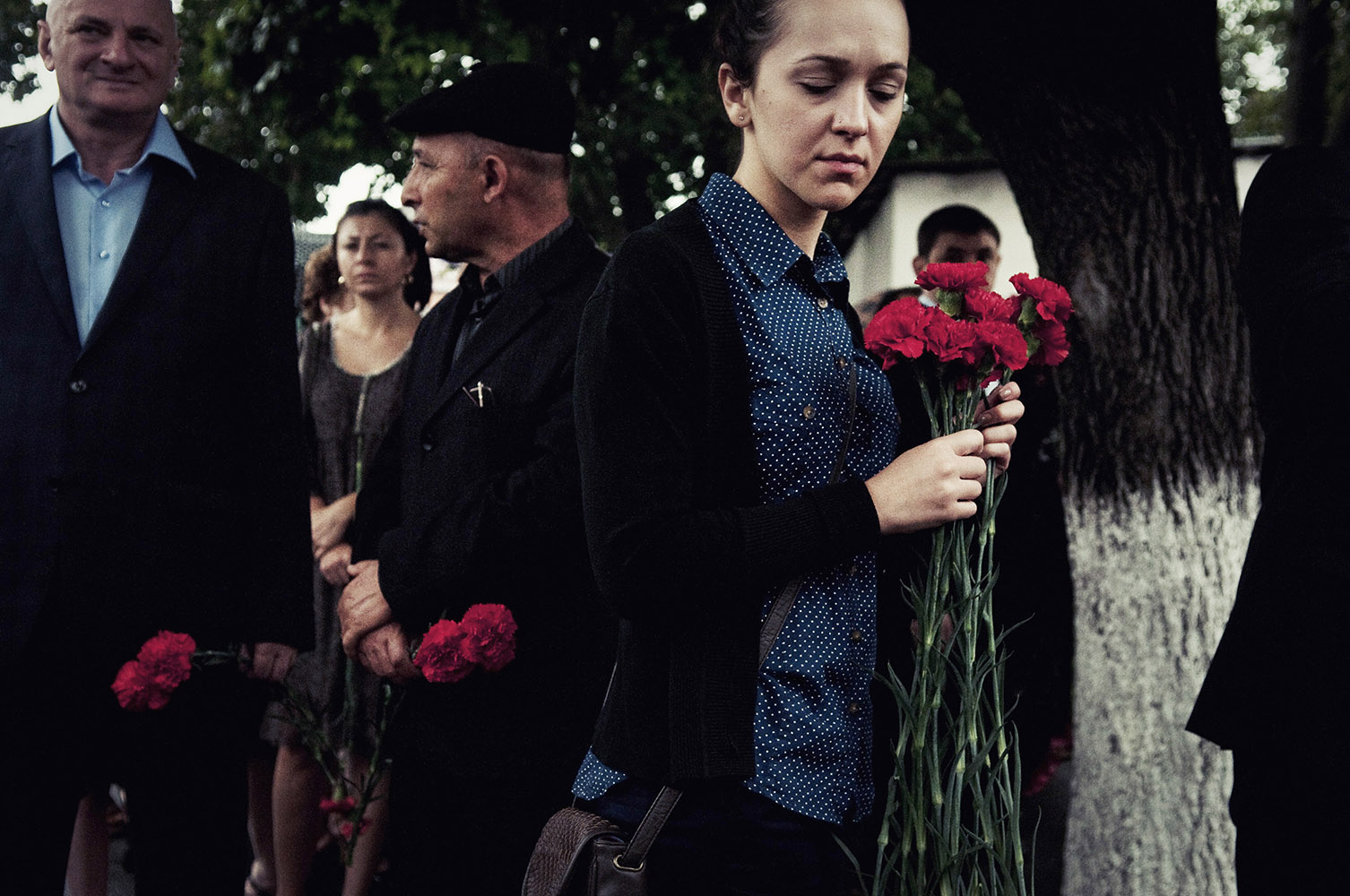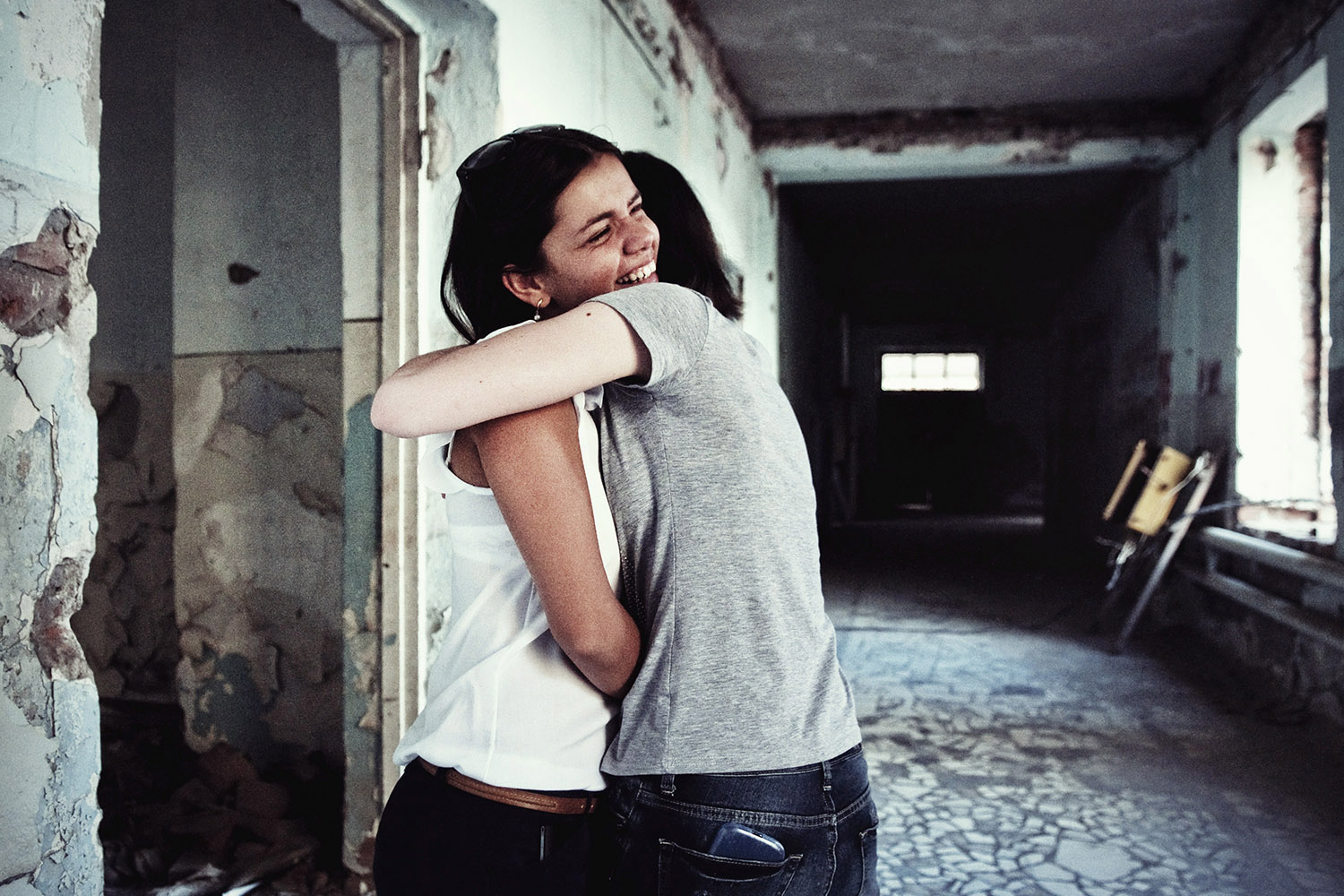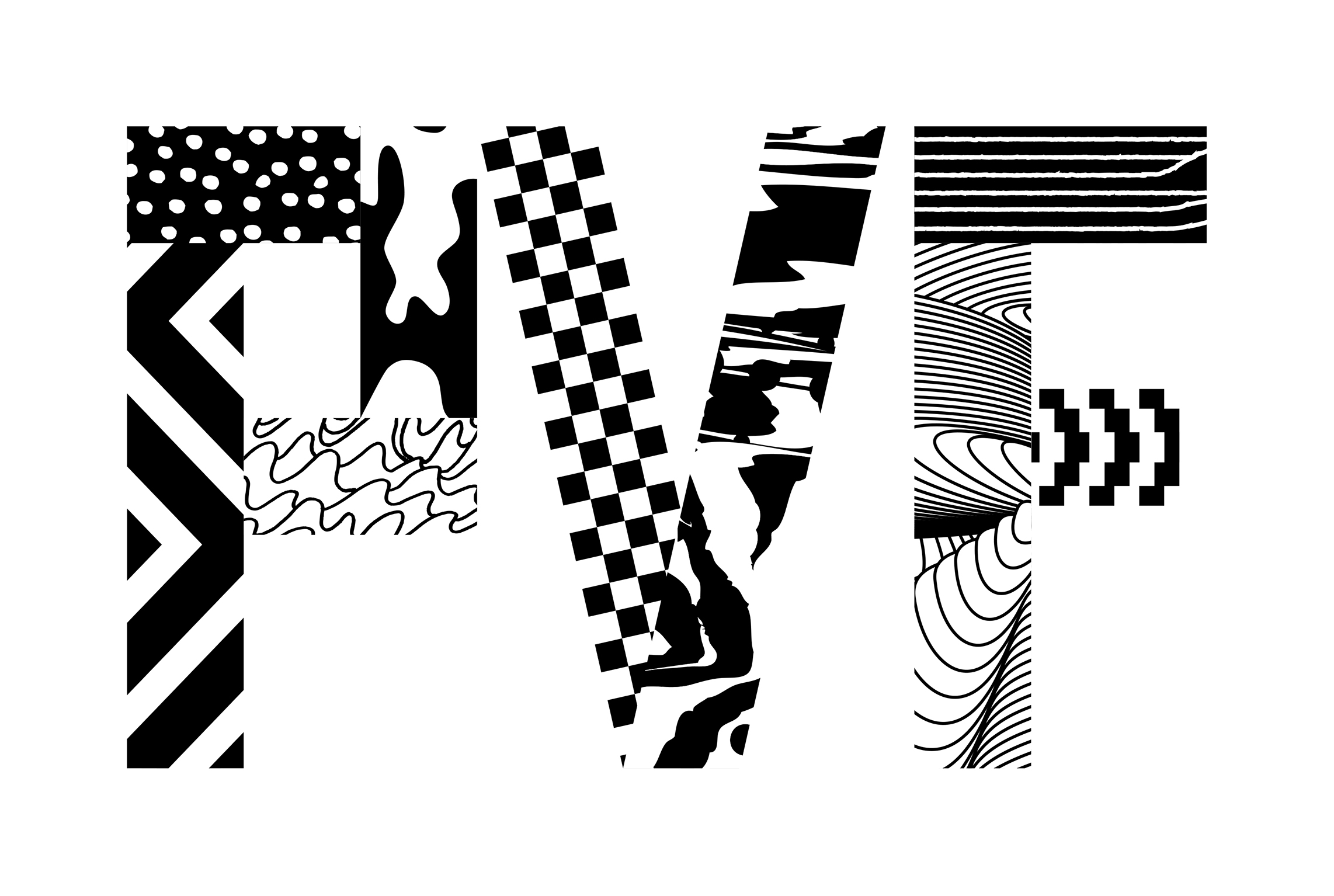Oksana Yushko



Balaklava: The Lost History
Balaklava is a small town on the Crimean peninsula, on the coast of the Black Sea. In the time of Soviet rule, it was completely closed off, because the Soviets had established a base for military submarines here. For over 30 years, this ‘closed town’ did not exist to the outside world. Well-paid people who enjoyed special benefits worked at the military base. Even their families were not allowed to visit the area without a good reason. After the collapse of the Soviet Union, all of the military equipment and Balaklava itself were divided in half between Russia and Ukraine, in 1992. The presence of two naval fleets in the town caused constant conflict.
Photographer Oksana Yushko has photographed today’s residents of Balaklava. The collapse of the Soviet Union turned previously privileged officers into despised people. They, in turn, have clung to the past. Balaklava is a place where many residents’ idea of homeland is tightly bound up with ideology. Soviet ideology is still the ‘homeland’ to many who live in Balaklava. Yushko’s photography series was completed just before the Russian invasion of Crimea, in February 2014.
Oksana Yushko (b. 1975) has been working as a photojournalist since 2007. She has studied information technology and mathematics. Yushko was born in Kharkov, Ukraine, and now lives in Moscow.
BALAKLAVA
PVF 2016
Galleria Kontupiste




